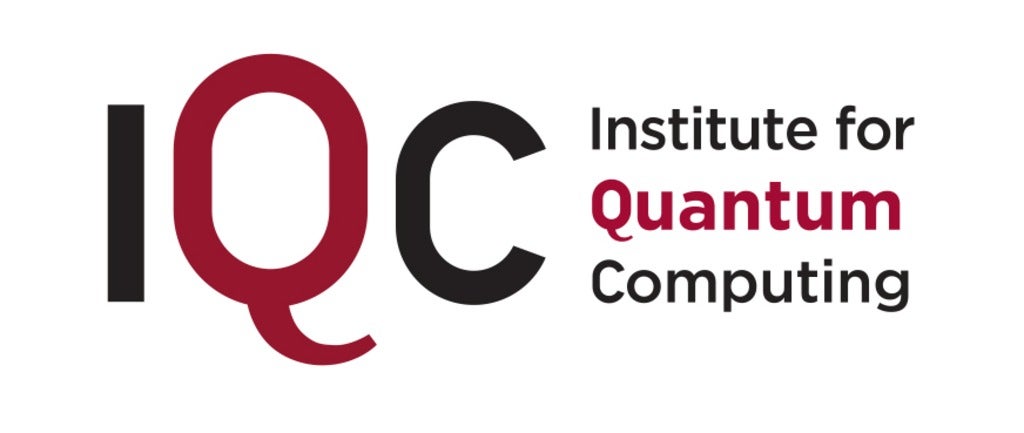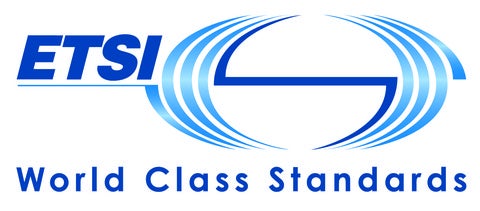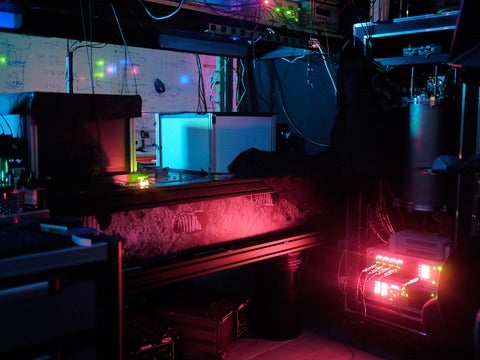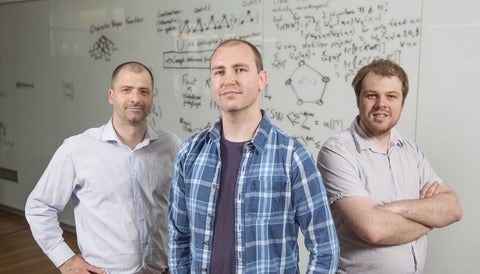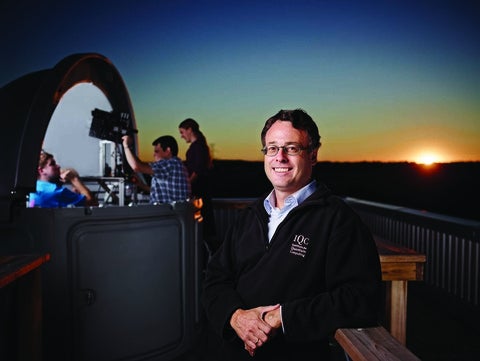IQC welcomes new directors and a new chair to Advisory Board
The Institute for Quantum Computing (IQC) Advisory Board reconvened this week with a new chair and two new directors.
Mike Lazaridis takes on the chair role from founding chair, Tom Brzustowski. Lazaridis was instrumental in establishing IQC and has been a member of the IQC Advisory Board since its inception in 2005.
